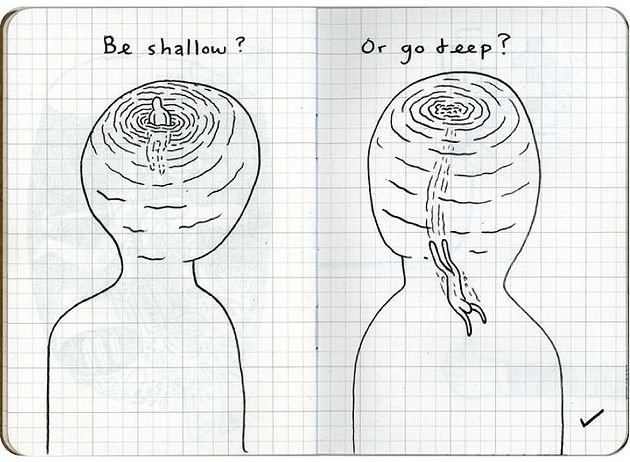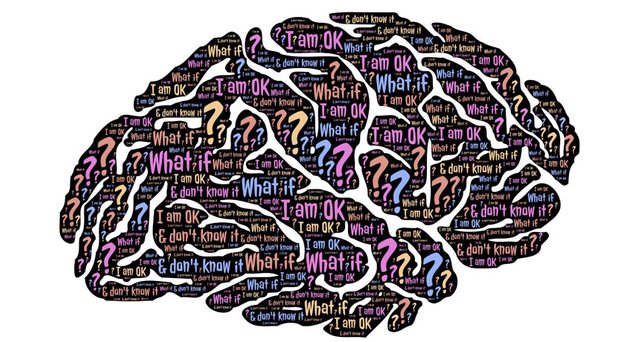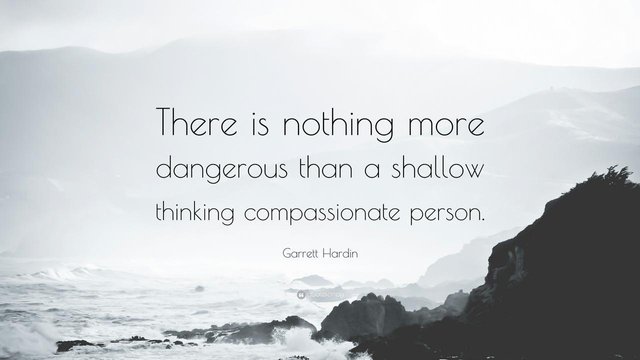We Are Skimming Through Life and We Will Regret It!

In his book, "The Shallows," Nicholas Carr makes the case that our minds, and therefore our existences, are becoming more and more shallow with the pervasive influence of the internet in our lives. He argues that with the use of hyperlinks, snippet videos, and quick to-the-point summaries, our minds are beginning to evolve (or regress, depending on one's perspective) and adapt towards processing information much more quickly. As a consequence of this, our minds will lose the ability to think of things indepthly. In this post I will look at this from a few different angles: first, who cares? I mean what does it matter that our brains are changing/will change?? Second, what will these changes entail. Finally, if we do care about this then what changes can we make to minimize these changes.

I Have Enough to Worry About!!
Yea, Yea I know that we all have so many things to consider on a daily basis. Can I pay my bills this month? Will I get that promotion at work?? Is WWIII right around the corner??
These are all valid things to worry about. However, I would argue that none of these really matter in the long-run if our minds can not think about them with any depth. In fact, thinking about these things indepthly (I keep getting alerted that I'm misspelling this world...oh, well) will afford us the method to maneuver through or around the potential stress that thinking about them obsessively might bring about. For example, if I consider that these potential problems are merely stress-triggers and if I allow myself to have the understanding that things in life and the world merely happen whether I want them to or not, then this type of in-depth thought will allow me to bypass these potential stressors. So as you can see, it does matter. Thinking about things with depth can give us the method by which we can deal with and handle many issues that we face in life, instead of allowing them to bombard us successively. Many of the problems that we deal worth in life can be minimized by thinking about them in a thorough manner. WWIII around the corner? Let us do some research on the topic in order to see that it might not be as likely as we may have thought or as many were suggesting it might me. Thinking about things with depth is like a super-power!

What Does Thinking Shallow Entail??
In order to escape many of life's pitfalls we need the ability to think them through. This ability brings about a certain type of freedom, that we otherwise will be excluded from possessing. I would argue that shallow thinking is the cause of many of the problems that we see in the world today.
To think bout things thoroughly is to think about less things. It forces us to remain conscious because it in the internet age, it is not a natural thing to think about things in this way. Our minds are being adapted to consume as many, often insignificant, amounts of data. We skim through thousands of data points in social media feeds and our brains consume and remember millions of tiny pieces of each think we visually sense. As Carr puts it, " experiments indicate that as we reach the limits of our working memory, it becomes harder to distinguish relevant information from irrelevant information, signal from noise. We become mindless consumers of data." (Carr, p. 125) Unfortunately, a direct decedent of this type of mental chaos is attention deficit disorder and other mental disorders. I have spent some time in classrooms and have witnessed first-hand the destructive effects of these disorders on the education and potential of many students.
As the meme above states, a shallow thinking person is very easily manipulated because they feel that they are knowledgeable about a great many topics because they have bits and pieces of many issues. Therefore, in many cases they are the first to have strong and certain beliefs. As anyone who has attempted to deep-dive into any topic knows, things are often very complicated and are not easy to grasp. I am guilty of skimming over many topics, and after thinking that I have arrived at a conclusion, have been proven wrong over and over in time.

What Changes Can We Make
Our brains can be re-wired so long as we habitually make the necessary changes. I struggle to consciously stay alert and attentive when I am on certain sites. these scrolling feeds are brutal on my ability think consciously. I find that meditation helps, as it slows my mind and my thoughts. I understand that meditation suggests that we not control our thoughts, but there are many times when I can't help myself. I think reading an actually book from time to time is helpful. It forces me to take in each letter of each word, though my mind tries hard to rush through it. There was a period when I got rid of my smart phone and went back to a flip phone, but my job now requires me to have a smart phone.
In conclusion, I think it is important that we are aware of the potential changes to our brains in the internet age. we must consider the consequences, not only of our own psyches, but those of our kids and future generations. Unfortunately, i do not think this kind of precaution has entered into the conversation in many schools. they receive these technological "gifts" and they are too enticing to turn down. I hope we are not ruining a generation and manufacturing an army of shallow thinking robots.
Thanks for reading!! By the way, I love Comments so feel free to leave one!
Let me know if you agree or disagree.
Citations:
The Shallows: What the Internet is Doing to Our Brains. Nicholas Carr, 2011
https://xxanax-whore.tumblr.com/post/164965327969
https://www.sciencenewsforstudents.org/article/childhood-stress-can-leave-changes-adult-brain
https://www.inc.com/rhett-power/10-steps-to-becoming-a-better-you.html
Surfing the Internet today is no worse than surfing libraries thousands of years ago apart from radiation, the 5G that gives children cancer, the tech cartels who are always trying to take over the world more and more. Seeing things deeply involves connecting dots and the process of analyzing can help us simplify things.
My post was only to consider one change that is taking place because of the internet, but yes, there are many others. There is also no denying the benefits of having an infinite amount of information at our fingertips. The question becomes: is it worth it?
It comes down mostly to relevance. If you learn something and don't use it, then it is probably not worth it. So, in other words, it comes down to application and practicality of what is used.